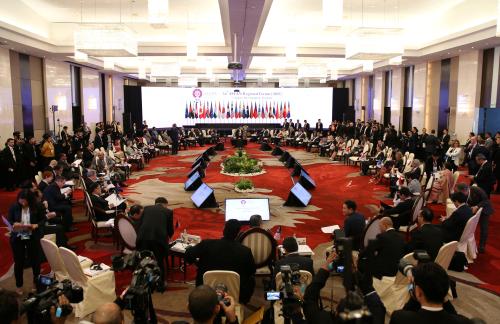

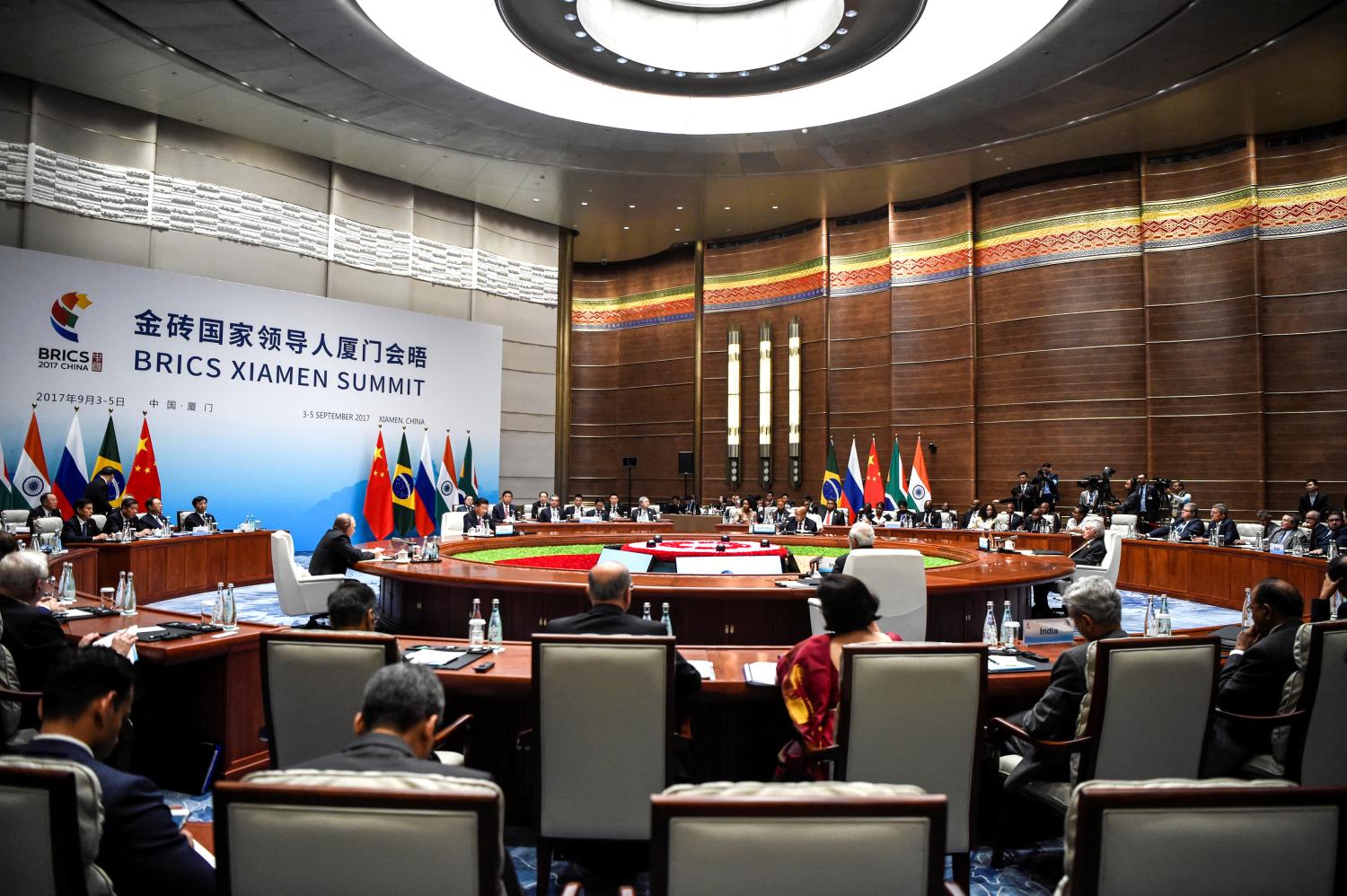
China now touches virtually every region in the world — how is China’s increasing involvement impacting South Asia, the Middle East, Latin America, and elsewhere?
Authors: Tarun Chhabra, Rush Doshi, Ryan Hass, Emilie Kimball
The papers in this installment of the “Global China: Assessing China’s Growing Role in the World” project explore China’s efforts to expand its influence across different geographic regions, as well as implications of those efforts for the United States and for international order.
Related Content

Tarun Chhabra, Rush Doshi, Ryan Hass, Emilie Kimball
July 20, 2020
Authors: Ted Piccone
China’s maturing relationship with the diverse nations of Latin America and the Caribbean, driven primarily by economic security interests, is facing new challenges as the struggling region copes with an intensifying wave of economic, public security, and public health crises.
Related Content
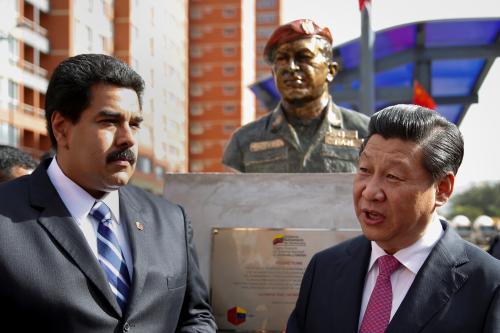
Ted Piccone
July 20, 2020
Authors: Harold Trinkunas
When it comes to global aspirations, China and Brazil have historically been in sync on their critiques of the liberal international order, if not on their preferred remedies. Since President Jair Bolsonaro assumed office in January 2019, this historical pattern has been upended.
Related Content
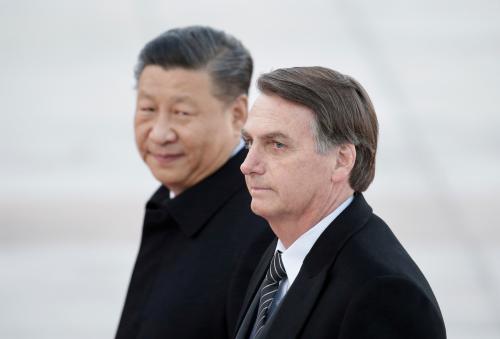
Harold Trinkunas
July 20, 2020
Authors: Vanda Felbab-Brown
China’s focus on and presence in Afghanistan has grown significantly over the past decade. However, the original emphasis on economic relations has been eclipsed by China’s security agenda in the country.
Related Content
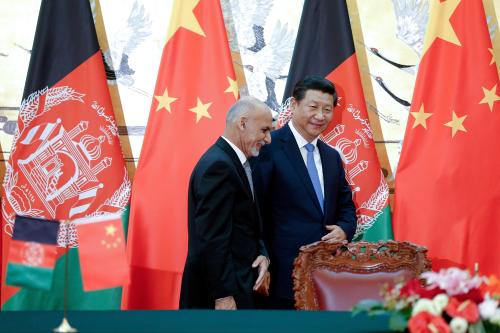
Vanda Felbab-Brown
June 15, 2020
Authors: Susan A. Thornton
Washington’s narrative that Chinese activities in Central Asia are, on balance, damaging to the interests of those countries misses important points about leverage, development, and U.S. interests in the region.
Related Content
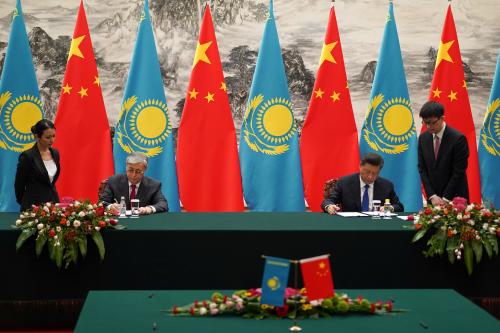
Susan A. Thornton
June 15, 2020
Authors: Pavel K. Baev
China and Russia are two key revisionist challengers for U.S. positions in the world, but maturing authoritarian tendencies in their regimes do not make them natural allies.
Related Content
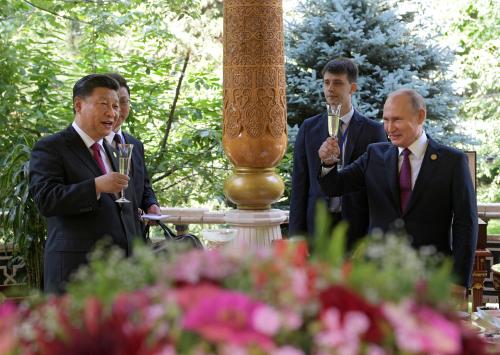
Pavel K. Baev
June 15, 2020
Authors: Madiha Afzal
The tight control of the narrative on the China-Pakistan Economic Corridor (CPEC) by both China and Pakistan and a lack of transparency on its terms prevents proper accountability of the venture.
Related Content
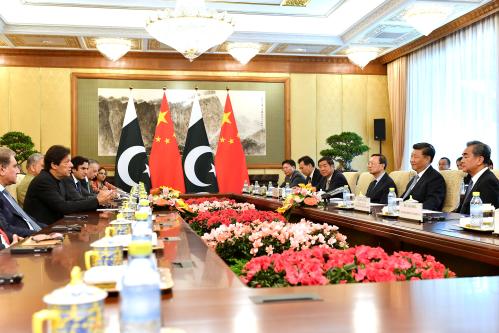
Madiha Afzal
June 15, 2020
Authors: Joshua T. White
China has significantly expanded its engagements in the Indian Ocean region over the past three decades, raising fears among American and Indian strategists that its growing naval presence might provide it with meaningful military advantages far from its shores.
Related Content
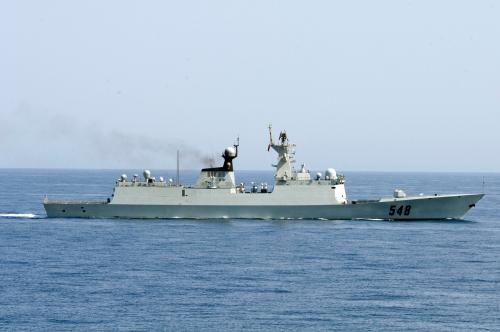
Joshua T. White
June 15, 2020
Authors: Zach Vertin
China’s growing presence in Djibouti has thrust unprecedented attention upon the little-known African port nation and made it a touchstone in the debate over Beijing’s expanding global aims.
Related Content
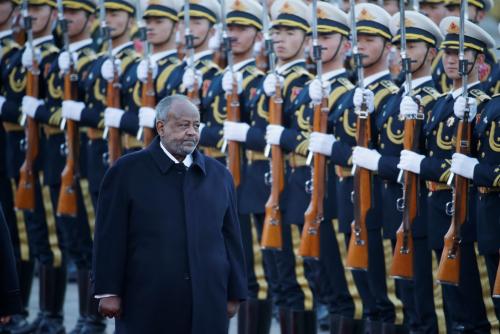
Zach Vertin
June 15, 2020
Authors: Adel Abdel Ghafar, Anna L. Jacobs
A power vacuum left by a disengaged United States and a weakened Europe has created an opening for powers like China and Russia to expand their influence across North Africa.
Related Content
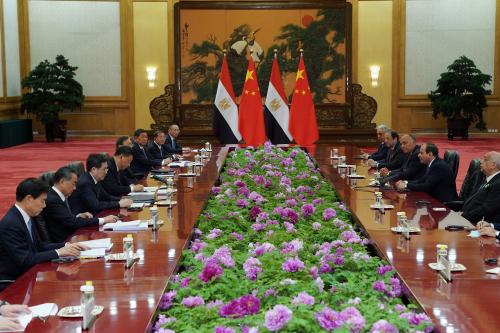
Adel Abdel Ghafar, Anna L. Jacobs
July 20, 2020
Authors: Natan Sachs, Kevin Huggard
Great power competition between the United States and China, should it arise in full force, would change the face of Middle Eastern affairs.
Related Content
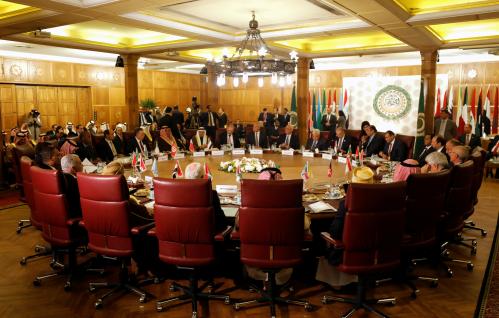
Natan Sachs, Kevin Huggard
July 20, 2020
Authors: Bruce Riedel
Saudi Arabia values its relations with China, but it is well aware of their limits. Beijing will not replace Washington in Riyadh’s worldview, even if U.S.-Saudi relations falter in the next administration.
Related Content
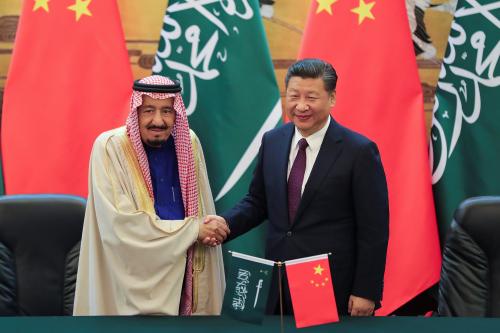
Bruce Riedel
July 20, 2020
Authors: Natasha Kassam
Why have political and trade tensions between Australia and China escalated so quickly? How is Australia responding? And why should the rest of the world care about the state of play between Australia and China?
Related Content
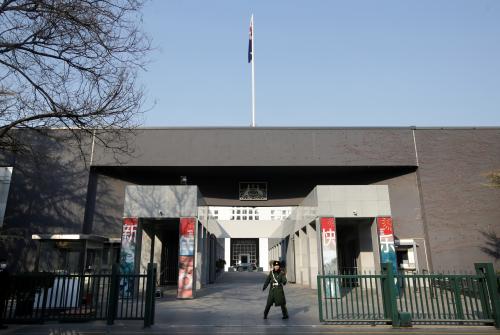
Natasha Kassam
July 20, 2020
Authors: Jonathan Pryke
Over the last two decades China has been steadily building its influence in the South Pacific. This has left many analysts in the West to ask, what is China’s ambition in the South Pacific, and what risks does this create?
Related Content
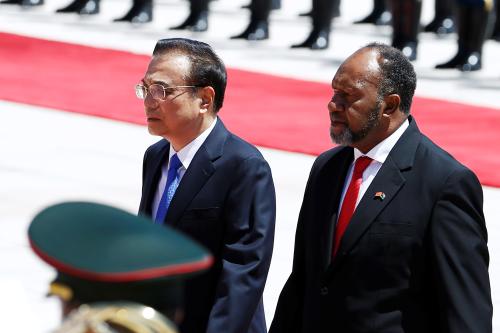
Jonathan Pryke
July 20, 2020